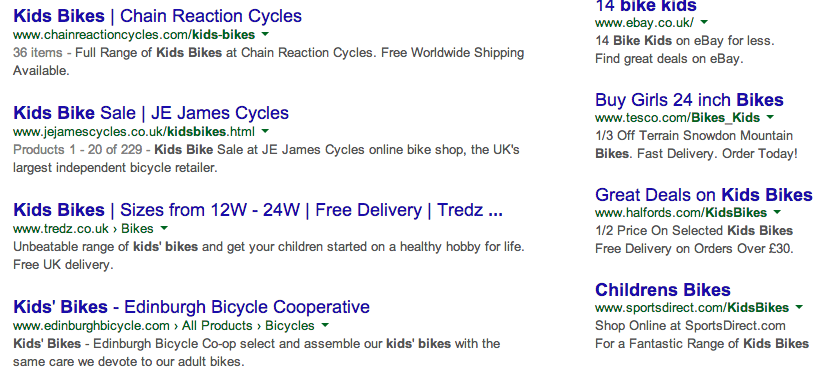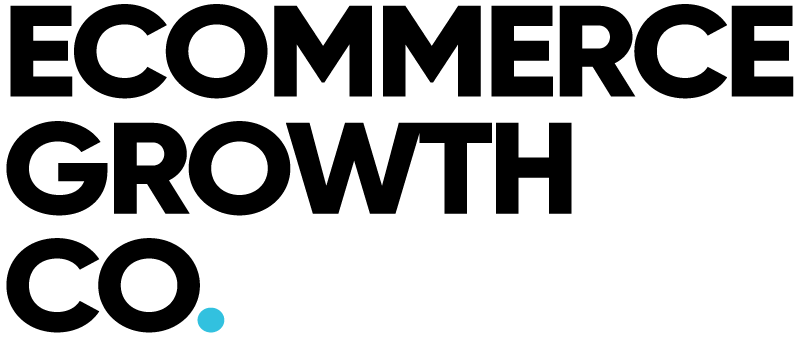I don’t mean to scare you. But, seriously, what would you do if Google decided that search wasn’t for them anymore? Maybe they’ve decided to invest all their energies and finance into developing a new country or a new planet.
‘What would you do differently in a Google free world?’ Now, your marketing challenge isn’t just about winning attention. It’s about earning attention. Through social channels. Through good old fashioned word of mouth.
It’s the first question I ask when I host a workshop event. It challenges the way we think about our business. Let me explain why.
How would you change what you do if your digital content was all about pleasing your customer, rather than Google?
Changing the way we label
In 1998 Google took control of the way marketers think. 16 years ago we began to view our online business as a collection of keywords. The terms we believed our businesses represented to our audience. The aim was simple. To get noticed. To get clicked. Marketers are starting to think differently. It’s a slow evolutionary process. Take a look at Halfords as one fine example of a company that still relies upon keyw0rd-driven marketing…

You’d never need to guess what Halfords sold, would you? No value proposition. Just a simple collection of terms that represent the lines of product that they sell. Product range determines how Halfords label their offering. Their label is ‘retailer’.
We’re all at it. Solicitors. Consultants. Fish farmers. Funeral Directors. Google has taught us to lead with our label. Just like the Yellow Pages taught us to categorise our offering back in the Internet-free world.
How would your approach to marketing change?
In a Google-free world, would you now start focusing upon the experience your products provide? Would you be forced to look far deeper into the relationship that you’re developing with your reader, your customer? To truly understand:
- The context within which your product is viewed?
- The empathetic view that you weave into your story?
- The perspective you deliver within a particular topic?
- The character that your brand displays?
Maybe, in a Google-free world you’d remove the stock product descriptions of a ‘light aluminium frame with high quality specifications’ and replace them with a story rich in context. A story of the clear thrill etched on my son’s face as he stretches his legs to reach the pedals of his brand new bike for the very first time?

Stories aren’t written for Google. They’re written for the reader. They’re written to help our customers visualise what we do. The words that represent our craft are transformed into ideas within the mind of our customer. It’s a powerful tool we’ve ignored in the Google-world.
In a Google-free world customers will no longer search for what you do. You can no longer manipulate rankings or advertise your wares in order to capture attention. Now, your sole endeavour is to define and capture your niche. To lead your tribe, as Seth Godin would put it.
You would engage in communities.
You would identify your purpose.
You would represent difference.
You would tell your story of a brand less ordinary. A little less keywordy:

I don’t crave a Google-free world. Google is central to each of our own online experience. However. Consider how a Google-free perspective to your own marketing may change the way you template or automate your marketing. How you focus upon the keyword rather than intent? How you describe what it is that your business does?
Ask yourself, how would your brand survive in a Google-free world? If you look to Analytics and the answer is ‘disastrously’, then maybe there’s a value in dropping your labels in favour of a more contextual and empathetic storyline? To become, shall we put it, more human?
